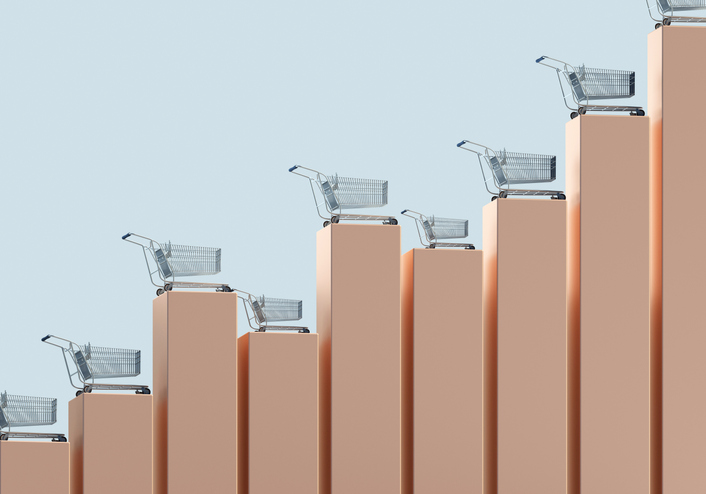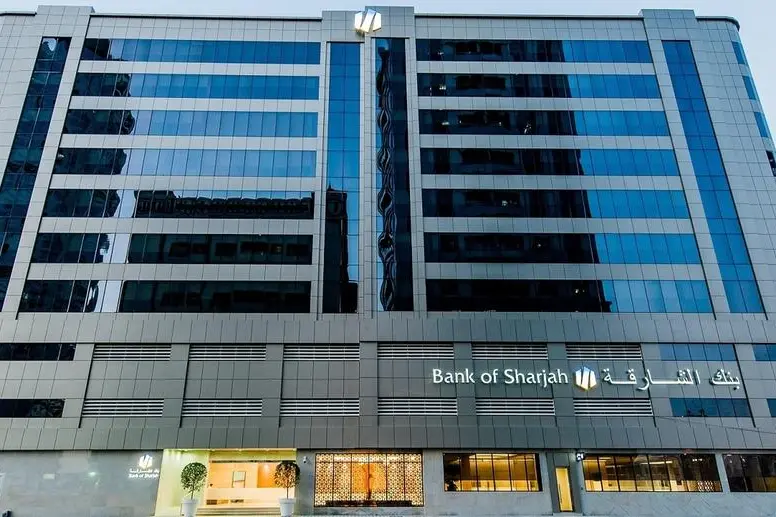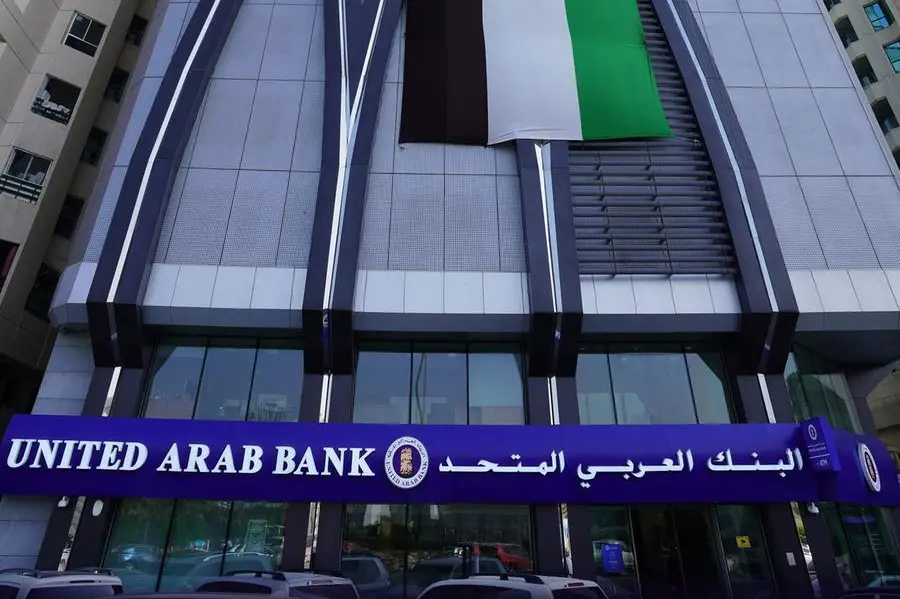Why Is Inflation So Sticky? It Could Be Corporate Profits
Some companies might have been raising prices faster than their costs have increased
Inflation has proved more stubborn than central banks bargained for when prices started surging two years ago. Now some economists think they know why: Businesses are using a rare opportunity to boost their profit margins.
Figures released Tuesday by the European Union’s statistics agency showed consumer prices in the eurozone were 7.0% higher than a year earlier in April, a pickup from March and more than three times the European Central Bank’s target. However, the core rate of inflation—which excludes food and energy prices—edged down to 5.6% in April from a record high of 5.7% in March.
Inflation rates also remain uncomfortably high in the U.S. and many other parts of the world despite interest-rate rises that have gone further and been delivered more quickly than at any time since the 1980s.
There have been good reasons for businesses to raise their prices in recent months. The supply-chain disruptions caused by the Covid-19 pandemic and the energy, food and raw-material bottlenecks that followed Russia’s invasion of Ukraine have pushed costs higher.
But there are signs that companies are doing more than covering their costs.
According to economists at the ECB, businesses have been padding their profits. That, they said, was a bigger factor in fuelling inflation during the second half of last year than rising wages were.
Jan Philipp Jenisch, chief executive of construction-materials maker Holcim, said on a recent earnings call: “We are in that inflationary environment already for almost two years now…We have done the pricing in a very proactive way, so that our results aren’t suffering. On the contrary, they are improving the margins.”
One puzzle is why consumers have played ball. Usually, economists would expect any business that raised its prices to lose customers to competitors that don’t, or not by as much.
But these aren’t normal times. In rare situations—such as an economy’s reopening after a pandemic—widespread knowledge that costs are rising allows businesses to raise their prices knowing that their competitors will act in the same way, according to a paper by Isabella Weber, assistant professor of economics at the University of Massachusetts, Amherst, and her colleague, Evan Wasner.
That is a pattern the two economists said has played out in an analysis of recent earning calls in which executives at U.S. businesses present their financial results to analysts.
“We do have to think about pricing differently,” said Ms. Weber. “A cost shock, or bottlenecks can create an implicit agreement among firms that raise their prices, so they can expect others to act likewise.”
Consumers have also been unusually willing to accept higher prices lately. Paul Donovan, chief economist at UBS Global Wealth Management, said businesses are betting that consumers will go along because they know about supply bottlenecks and higher energy prices.
“They are confident that they can convince consumers that it isn’t their fault, and it won’t damage their brand,” Mr. Donovan said.
The latest round of earning calls by large consumer-facing companies underlined that. Food and health company Nestlé last week said it had boosted sales by 5.6% in the first three months of the year despite raising its prices by 9.8%—its CEO said the company was simply matching cost increases over the previous two years.
“We’re still in the process of catching up with some of the hits we’ve taken,” said Mark Schneider in a call with analysts.
Elsewhere, the desire to boost margins, rather than just cover increased costs, appears to be one reason why food prices have continued to rise rapidly in Europe.
Much of the surge in food prices since the middle of last year stems from higher costs, particularly for energy, since most food production is quite energy-intensive. But economists at insurance company Allianz have calculated that about 10% of the rise reflects the search for higher profits. They suggest that is possible because key parts of the food-supply chain are dominated by a small number of firms.
“There is not enough competition in the food sector, especially in distribution,” said Ludovic Subran, chief economist at Allianz.
Not all businesses are opportunistically boosting their margins and Ms. Weber said that when some do, it can cause problems for others that are closer to the final consumer and are at greatest risk of facing a backlash.
Over recent months, Germany’s largest retailer, Edeka, has complained about the pricing behaviour of its suppliers of branded goods and has stopped stocking some of their products.
“We call on the branded-products industry to live up to its responsibility and stop artificially driving up inflation,” said Edeka’s CEO Markus Mosa.
There are some signs that food-price inflation is starting to slow. In France, food prices were 14.9% higher in April than a year earlier, a slowdown from 15.9% in March. In Germany, food inflation slowed to 17.2% from 22.3%. But the British Retail Consortium, a group that represents U.K. stores, said food inflation accelerated in April to hit a record high.
In recent earnings calls, some executives said consumers were becoming more resistant to price rises.
“We will probably see pricing moving down,” said Francois-Xavier Roger, Nestlé’s chief financial officer.
Last month, Procter & Gamble said it had boosted its profit margins in the first three months of the year, thanks in large part to higher prices. It warned that there were limits to how far it could push that tactic before consumers switched to cheaper alternatives.
“We’ve made several adjustments to price gaps, not just versus private label, but versus branded competition as we’ve gone through this period of pricing, and we need to continue to be sensitive to that,” said Jon Moeller, the company’s CEO.
For Mr. Donovan at UBS, the period of profit-driven inflation might be coming to an end, in part because of rising public scrutiny.
“We are probably at a point where companies may be reassessing whether to push this,” he said. “A reputation for being poor value for money stays for a long time.”
 Copyright 2020, Dow Jones & Company, Inc. All Rights Reserved Worldwide. LEARN MORE
Copyright 2020, Dow Jones & Company, Inc. All Rights Reserved Worldwide. LEARN MORE
Chris Dixon, a partner who led the charge, says he has a ‘very long-term horizon’
Americans now think they need at least $1.25 million for retirement, a 20% increase from a year ago, according to a survey by Northwestern Mutual
Highlighting a significant recovery and robust growth across all key performance metrics.
Bank of Sharjah has released its results for the period ending 30 June 2024, showcasing robust performance and strong momentum since the beginning of the year. The Bank reported a net profit of AED 171 million, a significant turnaround from the AED 144 million loss in the same period last year.
This remarkable improvement is attributed to a substantial increase in net interest income, stringent credit underwriting, and reduced operating costs, marking a 233% increase over the previous year when excluding the one-time impairment charge from de-linking its Lebanese subsidiary.
The Bank’s exceptional financial results highlight the effectiveness of its strategic focus on sustainable growth, with notable improvements across all major performance metrics. Funded and unfunded income both saw increases, with net interest income rising by 108% and operating income growing by 34%.
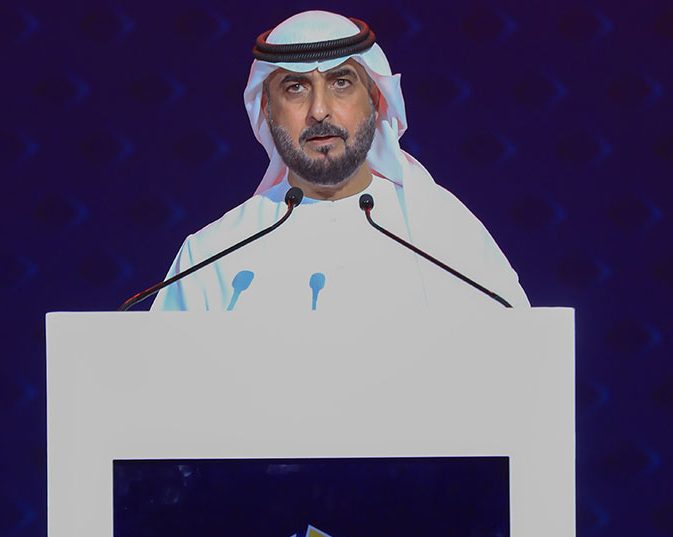
Additionally, the cost-to-income ratio improved significantly to 40.1% due to cost discipline measures. The balance sheet remains strong with a loans-to-deposits ratio of 86.63%, indicating comfortable liquidity. The Bank also maintains strong capitalization, with a regulatory capital adequacy ratio exceeding 15% and Tier 1 and CET1 capital ratios around 14%. These positive results underscore the Bank’s underlying strength, operational efficiency, prudent risk management, and ongoing enhancement of shareholder value.
Commenting on the Bank’s results, Sheikh Mohammed bin Saud Al Qasimi, Chairman of Bank of Sharjah, stated: “We are pleased with our outstanding performance in the first half of 2024, which reflects our commitment to adding value to our customers, supporting our communities, and rewarding our shareholders. Despite the challenging geopolitical situation in the region, the UAE economy has remained resilient and continues to register healthy growth following various economic diversification initiatives that provide consistent impetus for trade, investment, and wealth creation. Bank of Sharjah has entered a new chapter with a new leadership team, focused on building new business streams, expanding our reach across the UAE and the region, and delivering exceptional service to our customers.”
He added: “Our performance in the first half of the year demonstrates the effectiveness of our new strategy, and we look forward to delivering continued growth in the years to come.”
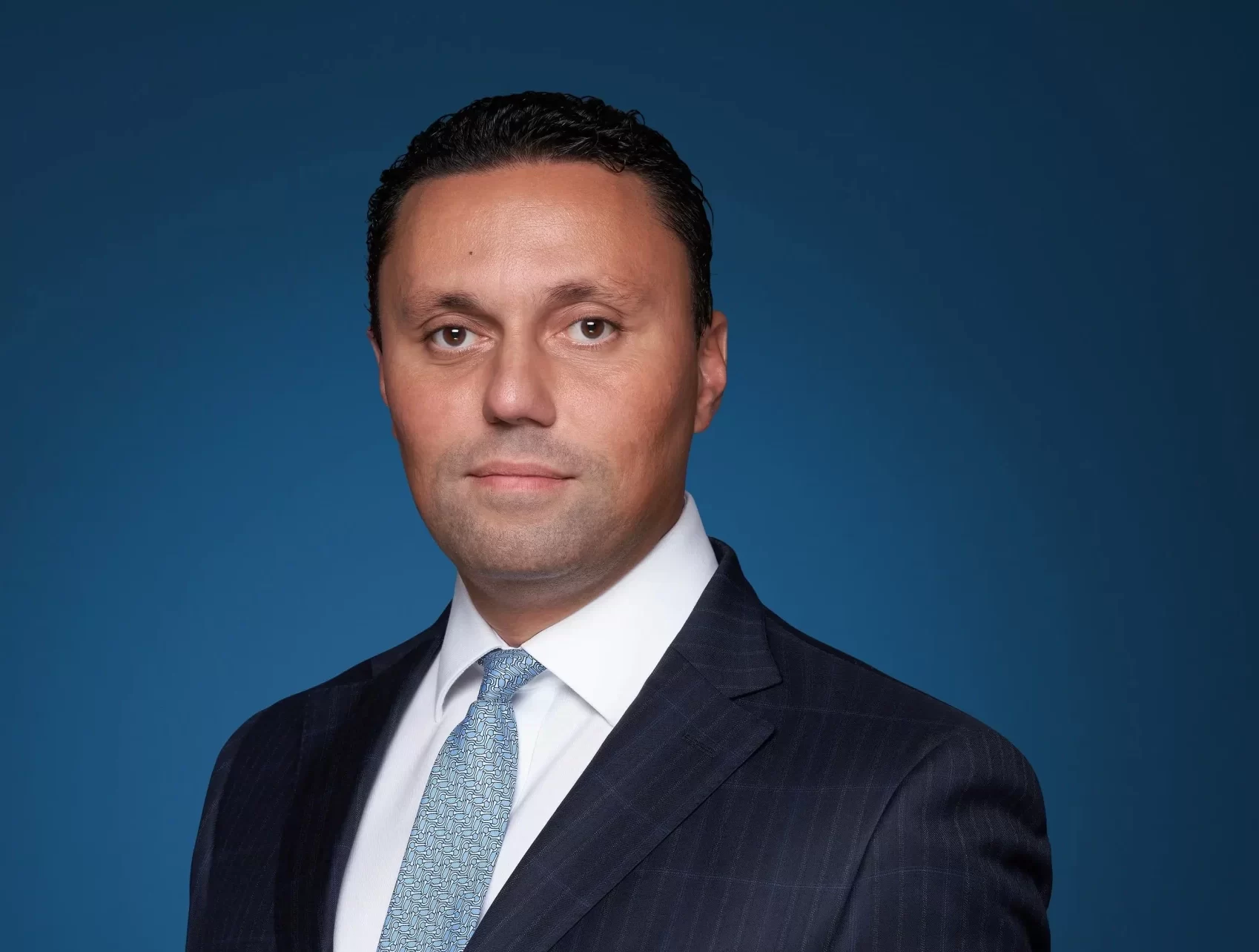
The CEO, Mr. Mohamed Khadiri, commented “2024 has begun exceptionally well for Bank of Sharjah, with the bank achieving a record year-on-year profit. I am delighted with our stellar performance as we continue to strengthen the bank’s fundamentals. Our outstanding results reaffirm that our new business strategy is on track to deliver sustainable revenue growth, driven by business expansion, operational efficiency, prudent risk management, and talent development. This achievement is also a testament to the Bank’s success in providing high-quality financial services that meet the aspirations and growing needs of our customers.”
He further added: “Bank of Sharjah is a strong and respected brand within the local community. We are leveraging our core strengths to build a platform that will operate at its full potential across the UAE and the region. The Bank remains focused on executing our strategy and is well-positioned to maintain strong performance throughout 2024 and beyond.”
Chris Dixon, a partner who led the charge, says he has a ‘very long-term horizon’
Americans now think they need at least $1.25 million for retirement, a 20% increase from a year ago, according to a survey by Northwestern Mutual









